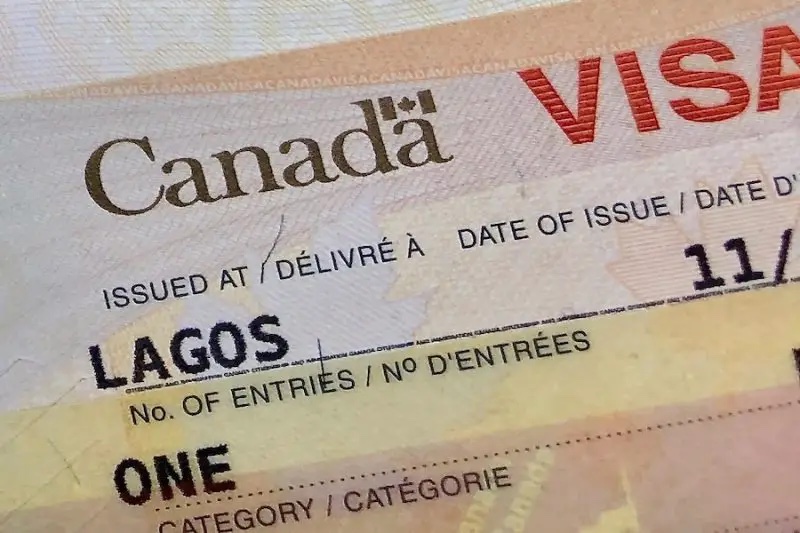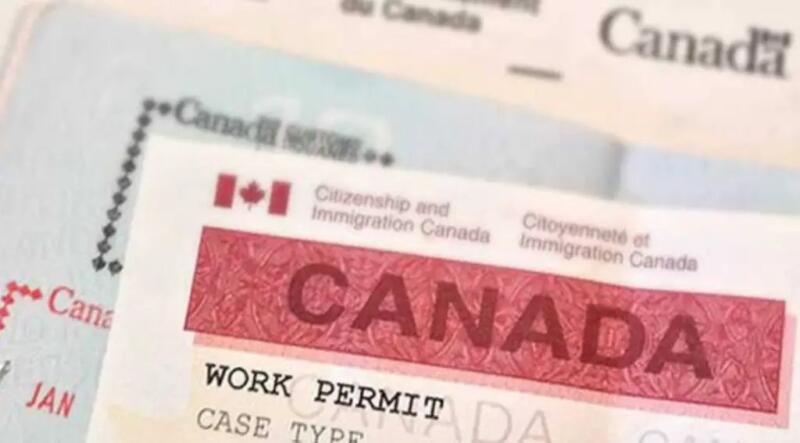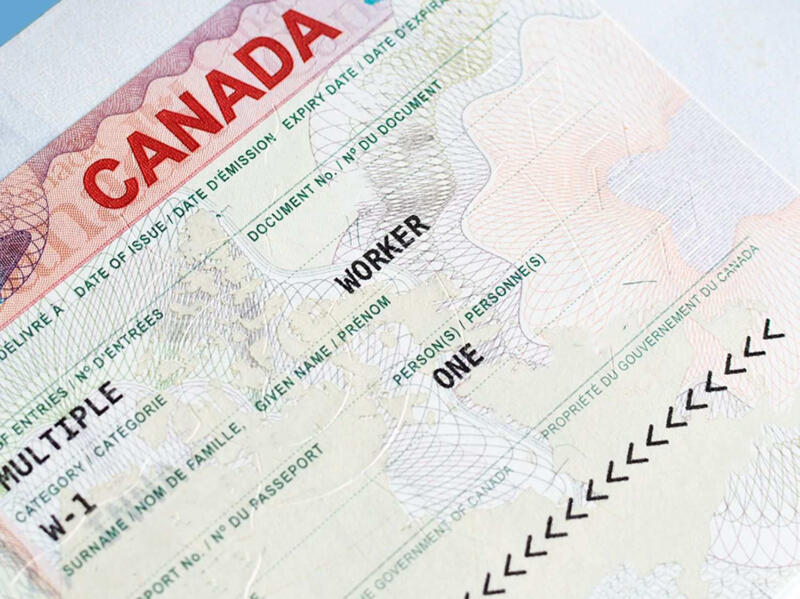Are you suffering from HIV/AIDs or with a chronic ailment and desiring to relocate to Canada? Do you have a Canadian national as a partner or sibling viewing the prospects of migrating to Canada but require to know if it is possible?
Anyway, one can still relocate to Canada based on the status or disposition of the ailments. A lot of persons in the past with similar conditions have emigrated to Canada, and because of this, you can as well attain the same ambition. When relocating to Canada, you must undergo the Canada immigration medical test. This test can assess if an individual can be medically acceptable to Canada. For instance, if an individual has some severe medical or health disorder that may need too much public health service, they can be refused access to Canada. Therefore, if an individual living with HIV can relocate successfully to Canada, it generally relies on the immigration application the individual puts in.
Table of Contents
Canada Immigration Medical Rejection Because of Positive HIV Status
Regarding Canada’s relocation procedures, the medical test primarily verifies if you are medically accepted or unaccepted to relocate to Canada. It also demonstrates if you carry any danger to Canada’s public health and protection or if you possess any health disorder that will probably weaken Canada’s health care structure. Your application for Canada’s relocation can be denied if your present health status looks risky to Canada’s public health and safety. Furthermore, medical unacceptance also occurs when your health situation can lead to vigorous requests for Canada’s health or social services. However, international citizens who are above the age of 15 years and desire to apply for Canada’s immigration are required to go through a medical test. Furthermore, HIV- positive international citizens in the family and dependant refugee categories are not usually deemed medically unaccepted due to their high demand on Canada’s health care system.
Provision of Automatic Partner Notification Approach
The mate of the infected individual has to be informed of the likely side impacts on their health because of their spouse’s health status. Automatic partner warning has to do with forming the chances of 60 days for HIV-positive international citizens to allow them to uncover their present health status to their partner. If International citizens can not do this, they must cancel their application. The 60-day countdown starts immediately from when you were provided the details to perform at your own free will. After 60 days, a formal warning will be forwarded to the partners of the HIV-positive person. After the warning, the processing will be carried out.
Note: IRCC is devoted to their nation’s public health and safety. Exposing your present health situation to your mate will assist their devotion.
Stages for HIV Immigration to Canada
Below are the stages for HIV-positive candidates who desire to relocate to Canada.
1. Post-Exams Advise by a Panel Doctor
A panel doctor oversees the HIV-positive international citizen who pursues Canada’s immigration. The panel doctor must offer post-exam counseling to the person and educate them on their health situations psychologically, socially, and medical complications. However, they will ensure that the international citizen admits the post-exam advice form is appropriately signed.
2. Designation of the HIV-Positive International Citizen
The medical personnel in charge will have to forward a written warning to the answerable immigration program manager when an excluded international citizen possesses a health situation that is risky to Canada’s public health and safety. Hence, global citizens executing family category processes and entirely knowledgeable of their health status only require a spouse warning procedure once a file has been developed for them at the visa office. This implies that such a global citizen has received all the necessary advice.
3. In-person Interview With a Visa or Immigration Official
The International citizen will be interviewed on one by a visa or immigration official. The official will not discuss the problem of partner warning with an international citizen who does not have the act of acknowledging the HIV post-exams counseling form. Global citizens also have an extensive understanding of their health status. However, the interview may be halted if the visa or immigration official finds out you do not have enough knowledge of your health situation. The official will then ask the global citizen to return to the panel doctor for additional advice. They will also have to obtain a new admission of the HIV post-exam counseling form. After the global citizen has received a sufficient understanding of their health situation, the visa or immigration official will clarify the automatic partner warning approach.
Should you find this piece engaging, we kindly invite you to explore the wealth of content in our other articles:
- Step-by-Step Guide to Get Golden Visa in Canada: Requirements and Programs
- 10 Mistakes To Avoid As A Newcomer To Canada
- Canada Declares New Measures to Tackle Housing Crisis and Rising Grocery Prices
- How to Set Up a Business in Canada and Acquire Permanent Resident For Family
- Immigrate to The United States Under The McCain Global Leaders Program
4. Procedures after the In-person Interview
The international citizen must append their signature on the admission of the automatic partner warning approach to ensure the processing will continue. Instead, the file will point out that the global citizen was conscious of the process but concluded not to sign it. Therefore, it will be wilted to litigation Management BCL at NHQ. If the candidate does not desire their health status exposed, the immigration program manager will be advised by the visa or immigration official. Furthermore, they will be guided on managing HIV-positive global citizens with self-interest.
5. Results after 60 days of the interview
Here is the result after the 60 days of the interview :
- If the international citizen cancels the application, the visa or immigration official will run the cancellation according to the regular procedures.
- If the application were canceled by the sponsor living in Canada, the official would reject the application due to the standard procedures. However, before this, the Case Processing Centre Mississauga, Ontario, must notify the official.
- If the international citizen and sponsor did not cancel the application, the global citizen’s application would be differently processed.
6. Legal Warning to the Partner
If the international citizen or sponsor did not cancel the application, the visa official must prepare and mail the partner warning letter to the mate in Canada.
Migration to Canada with HIV
1. Is Subject to your Ailment
Based on Canadian immigration control, an individual cannot enter the nation if they possess one of the listed medical ailments.
- Possibly has a peril to public health
- Possibly has a chance for public safety
- Likely resulting in an overpowering request for social or health services.
HIV-positive people generally fulfill the first two standards; they would only be considered dangerous if they partook in high-threat conduct or went against health authorities. The third provision is possibly to possess the most effect on settlers who are HIV-positive. For five years, an individual’s medical cost would possibly sum above $15,000 because of too many requests. Because of the difference in HIV specimens, not every person with the disease fits this criteria. You should expect to offer proof that your efforts don’t place an undue responsibility on Canada’s social or health services.
2. Migration Using Family Category
Suppose settler HIV-positive family members are their partners, children, or common law partners; in such a situation, the sponsor has to be a Canadian national. Because of larger requests, parents and grandparents are not exempted from medical unacceptability.
3. Interest in HIV-Infected Migration to Canada
Several relocation pathways to Canada, specifically those for the financially privileged, which includes skilled workers, autonomous contractors, investors, and business proprietors, require medical tests. As was already pointed out, the medical unacceptance law also applies to several other streams, including parents and grandparents. Hence, suppose an individual’s application for relocation to Canada is denied because of medical unacceptance; in this situation, they are warranted to petition in so many methods.
- Using family-founded relocation, the sponsor may petition the IRB’s Immigration Appeals Division.
- The candidate can file a petition with the federal court.
- The candidate can create a temporary resident permit application.
Ways An Individual Living with HIV Migrate to Canada
There are so many techniques a person living with HIV can relocate to Canada.
1. Seeking for permanent residency
Candidates with HIV seeking permanent residency may be eligible for possessing a Canadian national or permanent residence as a partner or family member. However, candidates older than 15 must pass to merit a Canadian Immigration test. If the test becomes positive, this may cause permanent immigration to be strict. An HIV patient’s request for Canada permanent residence can be denied on two events.
- If the health situation of that individual is regarded as a risk to public health
- If it is regarded to be a risk to public safety
- The patient’s health might need too many requests for Canada’s health and social services.
However, only a few requests may be regarded if the candidate seeks as a refugee or is supported by a Canadian national or permanent resident.
2. Seeking for temporary residence
Candidates with HIV who seek a temporary residence visa are often regarded and are provided a visa. Usually, many candidates living in Canada for about six months do not need to undertake the Canada immigration medical test. Temporary residents are not competent for the regional healthcare scheme. They will not place too many requests for health services.
3. Asylum Application
Asylum applicants or refugees must merit Canada’s immigration medical test but are excluded from unacceptable grounds. Asylum seekers are only required to verify they fulfill the safety standards, and presenting permanent residence becomes simple. They can also find pleasure in the nation’s free public health and social services.






